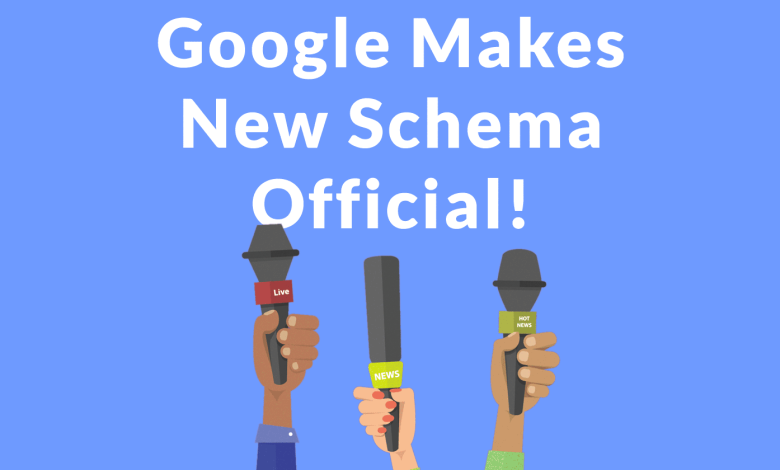
Google has officially announced support for the Schema.org Speakable specification. This specification will aid Google Assistant and Google Home in determining which content to read aloud.
This new structured data markup is significant because it might indicate what you need to understand to increase traffic if Google decides to extend this structured data to all websites.
Beyond News Content
Currently, the support for this new markup is limited to news content. However, it is likely that it will eventually expand as Google gathers more experience with this structured data markup. It’s crucial to comprehend how Google utilizes this markup, how the algorithm selects results to speak, and how this might apply to your business in the future.
Who is Eligible to be Heard on Google Assistant
This program is presently in Beta, applicable to Google Home devices in the United States and in English. It seems this limited beta is a precursor to broader adoption of other forms of speakable content, such as web pages. Although Google hasn’t indicated plans to expand the Speakable specification beyond news, it’s reasonable to conclude they might do so in the future.
According to Google:
"In order to fulfill news queries with results people can count on, we collaborated on a new schema.org structured data specification called speakable for eligible publishers to mark up sections of a news article that are most relevant to be read aloud by the Google Assistant."
How Does Google Assistant Choose Speakable Content?
Google Assistant selects speakable content based on an algorithm, though the specifics of this algorithm aren’t publicly known. For news content, it’s likely that it evaluates spoken requests against current trending news topics. Thus, accurately describing a news article’s content in the associated Schema.org structured data is crucial, potentially more so than focusing solely on the Speakable specification.
The Speakable specification tells Google Assistant which part of the article to read, but for ranking purposes, it’s advisable to ensure the Article type markup and its specifications are accurately implemented.
How Speakable Fits With News Content
In terms of news, the Speakable specification is part of the official Article type described by Schema.org.
Schema.org defines the Article type as:
"An article, such as a news article or piece of investigative report. Newspapers and magazines have articles of many different types and this is intended to cover them all."
The Speakable specification is defined as:
"Indicates sections of a Web page that are particularly ‘speakable’ or suitable for conversion into speech. While other page sections might also be usefully spoken, the ‘speakable’ property highlights the parts most likely beneficial for speech."
Definition of the Speakable Specification
The speakable definition is currently a pending Schema.org structured data markup specification. Although Google has formally supported it, the specification itself is defined in an extension and has not yet been incorporated into the core vocabulary.
Speakable Specification is Pending
Interestingly, Schema.org labels the speakable specification as pending, raising curiosity about Google’s decision to make it official for news publications.
Schema.org describes the Speakable Specification as:
"The term ‘SpeakableSpecification’ is not in the schema.org core vocabulary but is defined in an extension: pending: SpeakableSpecification."
Google’s developer support page describes the Speakable specification as used by the Article or Webpage object and defined by schema.org, where a complete list of supported properties is available.
Will Speakable Be Used Beyond News?
Currently, the Speakable specification can be utilized in various contexts beyond news. While Schema.org is expanding its rollout of the Speakable specification beyond news, it doesn’t guarantee Google will use it. However, it might suggest the future direction of the Speakable attribute. If users find speakable web content beneficial, it seems inevitable that Google will embrace additional contexts for the Speakable structured data.


